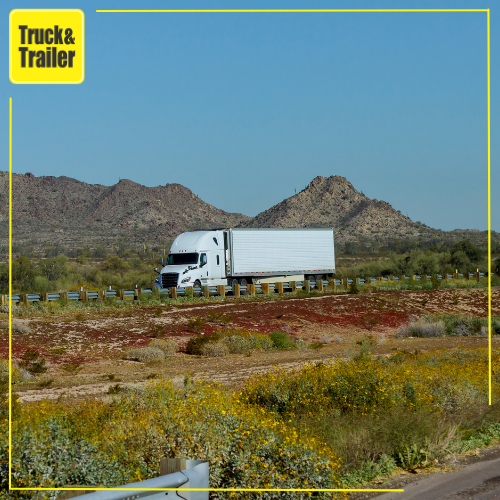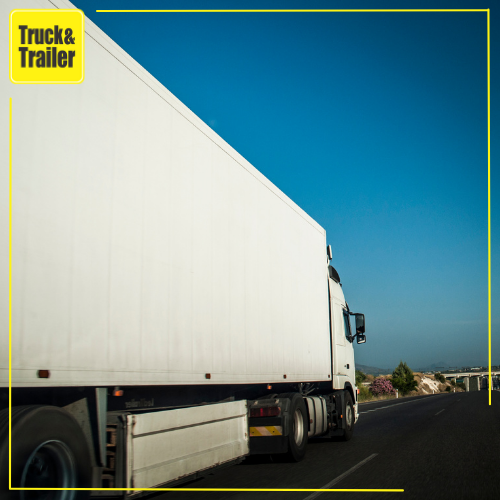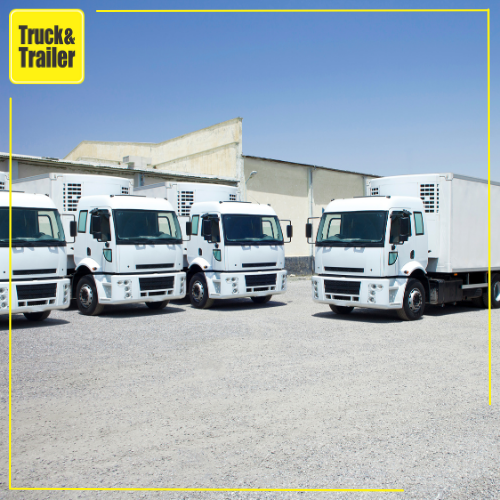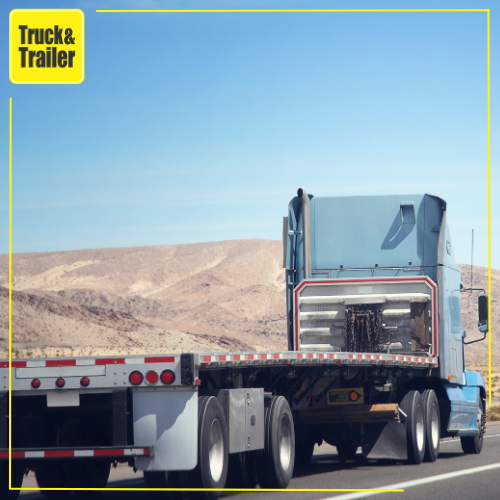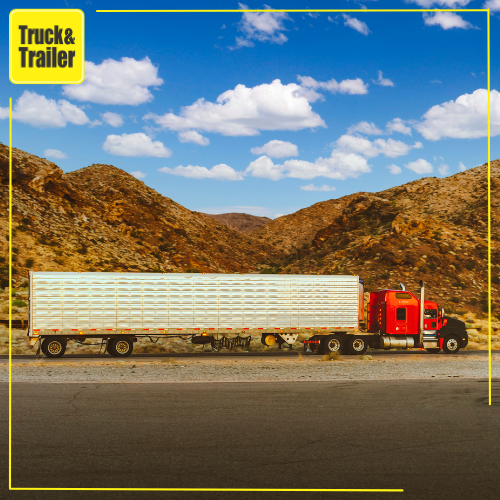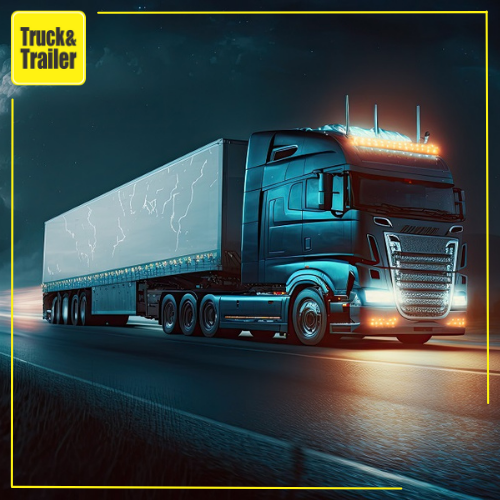
The Role of Technology in Modern Trucking: Navigating the Future
Date: 16/08/2023
In the dynamic world of modern trucking, the role of technology has emerged as a driving force, reshaping how goods are transported across the road. The integration of GPS navigation, electronic logging devices (ELDs), and the advent of autonomous vehicles has not only enhanced operational efficiency but has also significantly elevated safety standards. As we dive into the realm where technology and trucking converge, it's evident that the industry is undergoing a transformational journey, paving the way for a smoother ride for both truckers and businesses. For those intrigued by this evolution, the quest to discover and explore trucks for sale finds an ideal companion in Truck & Trailer.
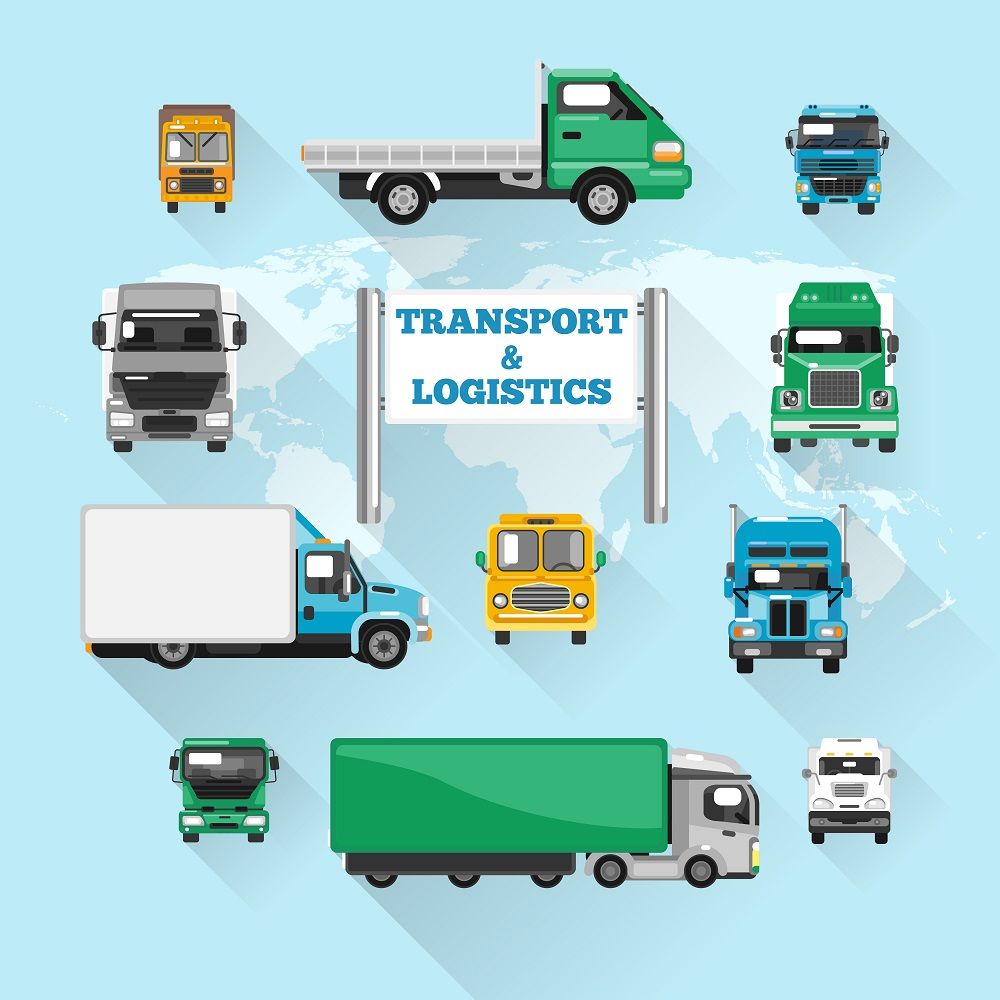 Image by macrovector on Freepik
Image by macrovector on Freepik
GPS Navigation: Plotting the Path to Precision
In the past, trucking routes were determined by conventional maps and human judgment. However, the landscape has evolved dramatically with the integration of GPS navigation systems. These cutting-edge tools have revolutionised trucking by providing real-time, accurate, and dynamic route guidance. The role of technology in modern trucking, specifically GPS navigation, has not only minimised fuel wastage and reduced travel time but has also improved driver experience. With the ability to factor in road conditions, traffic congestion, and even weather forecasts, GPS navigation ensures that truckers are making informed decisions, ultimately leading to optimised operations.
Electronic Logging Devices: Paving the Way for Accountability
Gone are the days of manual logbooks and the associated challenges of inaccurate record-keeping. Electronic Logging Devices (ELDs) have emerged as a technological game-changer, promoting accountability, transparency, and compliance in the trucking industry. The role of technology in these trucking, exemplified by ELDs, lies in automating the recording of driving hours, rest periods, and vehicle maintenance schedules. This not only prevents driver fatigue by ensuring adherence to regulatory hours of service but also facilitates efficient monitoring by fleet managers. For truckers, ELDs have become indispensable tools, enhancing operational integrity and minimizing the risk of violations.
Autonomous Vehicles: Navigating the Future Safely
While the concept of autonomous vehicles may still seem futuristic to some, the foundations are being laid for their integration into modern trucking. The role of technology in modern trucking, epitomised by autonomous vehicles, promises a paradigm shift in the industry. While complete autonomy might be on the horizon, current advancements such as driver-assist features and platooning are already enhancing safety and efficiency. These technologies reduce human error, improve fuel efficiency, and enable constant connectivity between vehicles. As we embrace these innovations, the road to fully autonomous trucking seems shorter than ever before.
Challenges: Overcoming the Technological Hurdles
Despite the undeniable benefits, the role of technology in modern trucking does present challenges that require thoughtful consideration. First and foremost, there is the need for substantial investments in infrastructure and training. Not all trucking companies may have the resources to swiftly adopt these innovations. Additionally, concerns related to cybersecurity and data privacy are pertinent, particularly when electronic systems are involved. In the case of autonomous vehicles, questions around legal frameworks and liability in case of accidents require careful examination. However, these challenges are not insurmountable and can be addressed through collaboration between industry stakeholders, policymakers, and technology developers.
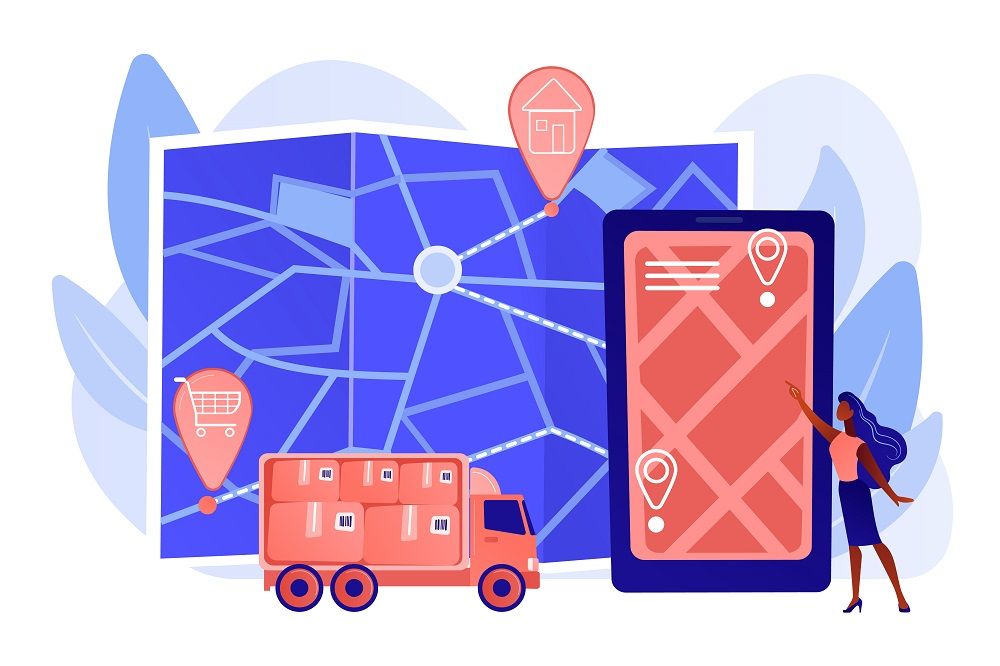 Image by Vectorjuice on Freepik
Image by Vectorjuice on Freepik
Benefits: The Road Ahead
The symbiotic relationship between technology and modern trucking is poised to yield multifaceted benefits. From an economic perspective, optimised routes, reduced fuel consumption, and enhanced delivery timelines contribute to cost savings and increased profitability. The integration of ELDs and autonomous features improves safety on the roads, protecting both truckers and other road users. Furthermore, these technological advancements attract a new generation of truckers, infusing the industry with fresh talent. As the role of technology in modern trucking evolves, the road ahead becomes a promising trajectory of growth and innovation.
Tips for Navigating the Tech-Driven Trucking Landscape:
Stay Informed: Embrace a proactive approach by staying updated with the latest technological trends in the trucking industry. Attend workshops, seminars, and webinars to understand how these innovations can enhance your operations.
Invest Wisely: Evaluate the specific needs of your trucking business before investing in technology. Choose solutions that align with your operational goals and resources.
Training and Education: Ensure that your drivers are well-versed in using the technology at their disposal. Proper training not only enhances efficiency but also prevents misuse.
Cybersecurity Measures: For technologies involving data transmission and storage, implement robust cybersecurity protocols to safeguard sensitive information from potential threats.
Collaborate and Network: Join industry associations and forums where trucking professionals discuss their experiences with technology. Collaborative learning can provide valuable insights into best practices and problem-solving.
Closing Thoughts:
The role of technology in modern trucking on the road is not just a narrative of innovation; it's a testament to progress. From the precision of GPS navigation to the accountability of electronic logging devices and the promise of autonomous vehicles, these advancements are reshaping an industry that lies at the heart of the nation's commerce. As we journey forward, the roads become pathways of possibility, where technology and trucking converge for a future that's safer, smarter, and more efficient. For those eager to join this transformative ride, the quest begins with a search to find trucks for sale on Truck & Trailer.


